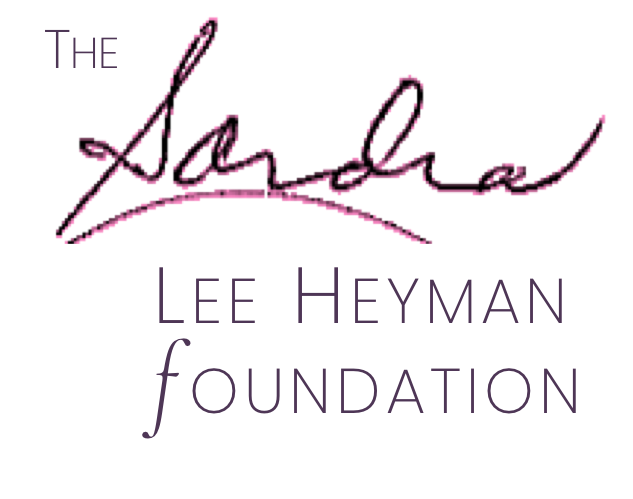Washington Insider Expresses Optimism About STEM’s Contributions to Policy, Economy, and Workforce
Science and technology play a major role in how our economy and society function, so it is not surprising that STEM is commanding a greater share of attention as the federal government carries out its policymaking functions. Bruce Mehlman, founder and partner of Mehlman Consulting, recently shared with Sandra Lee Heyman STEM Career Awareness Fellows his take on the hottest tech policy topics on Washington’s radar, highlighting positive developments, very tough issues, and how they affect prospects for those thinking about a career in STEM.
With nearly three decades of experience in public policy, especially in the science and tech arena, Mehlman described his role as a lobbyist, helping clients to understand government policy and to engage with stakeholders. He shared his personal journey, which included receiving a B.A. in History from Princeton University and a law degree from the University of Virginia and working as a lawyer, government affairs representative, Congressional staffer, and Assistant Secretary of Commerce for Technology Policy before becoming a lobbyist,
Mehlman emphasized that his lack of a formal STEM education had not hindered his career – while also noting that those with a STEM background may well have a natural advantage if they choose to get involved with policymaking or in related fields like journalism. “It's really helpful to have a STEM degree. Otherwise, the learning curve is a lot steeper,” he said.
In addition to tackling the technical courses that future STEM professionals will require, he also encouraged the fellows to work on honing their communications skills. Mehlman stressed how vital those communications abilities have been in his various jobs and how important they are to anyone working in STEM – whether they wish to start up a business or attract funding for their projects as researchers. He asserted, “One of the challenges you will all find about STEM is you may think you don't need public speaking, or writing, or communications, but you do.”
Mehlman highlighted the enormous potential for technical professionals in government – singling out roles related to STEM in conducting research, planning and carrying out technology projects, and in developing and implementing policies which govern our lives. He stressed the need for experts in a wide range of STEM areas, including cybersecurity, health, artificial intelligence (AI), and other fields like agriculture and energy.
He also offered the fellows insights into how science and tech policy issues might be handled by the new administration. The growing importance of cybersecurity, along with trade, taxes, and the tech industry's broader business interests, were among the topics Mehlman touched on during the December session, the fourth of the semester and eighth thus far for Class 5 fellows who will complete their tenure next Spring.
AI and its implications have been a recurring theme touched on by guests who have met with the fellows. Mehlman expects the focus on that topic to grow. He singled out as a high priority the issue of how best to ensure U.S. technological leadership while mitigating the risks AI entails.
Citing concern about the politicization of science over the past decade – especially, in relation to climate change and health, including vaccines – Mehlman said he believes that there is a real need right for open scientific discussion, including allowing scientific consensus to be questioned. He referred to that open environment as a hallmark of science over time.
He also shared his optimistic views on the future of science and technology and the advances that are changing our lives for the better. Mehlman emphasized to the fellows the importance of curiosity and hard work. He suggested that they were already well on their way, expressing admiration for the fellows' dedication to learning and their curiosity. “I am impressed, and I'm excited to know that you are curious. After a full day of school, with another full day ahead, it suggests to me you all have an awesome curiosity.” Mehlman summed up his final advice this: “At the end of the day, more than any other single thing, find something that you're good at and work harder than anybody else.”
The Sandra Lee Heyman Foundation is a 501(c)(3) nonprofit organization established in memory of Sandra Lee Heyman, a long-time mathematics teacher at the elementary, middle school, high school, and community college levels. The 18-month long Fellowship is aimed at promising high school students who have the opportunity to meet with STEM leaders, visit prominent institutions in the Washington, D.C., area, and access peers and mentors to support career exploration in STEM fields. There are multiple ways to support the Fellowship program, and donations to the Foundation are tax deductible.
